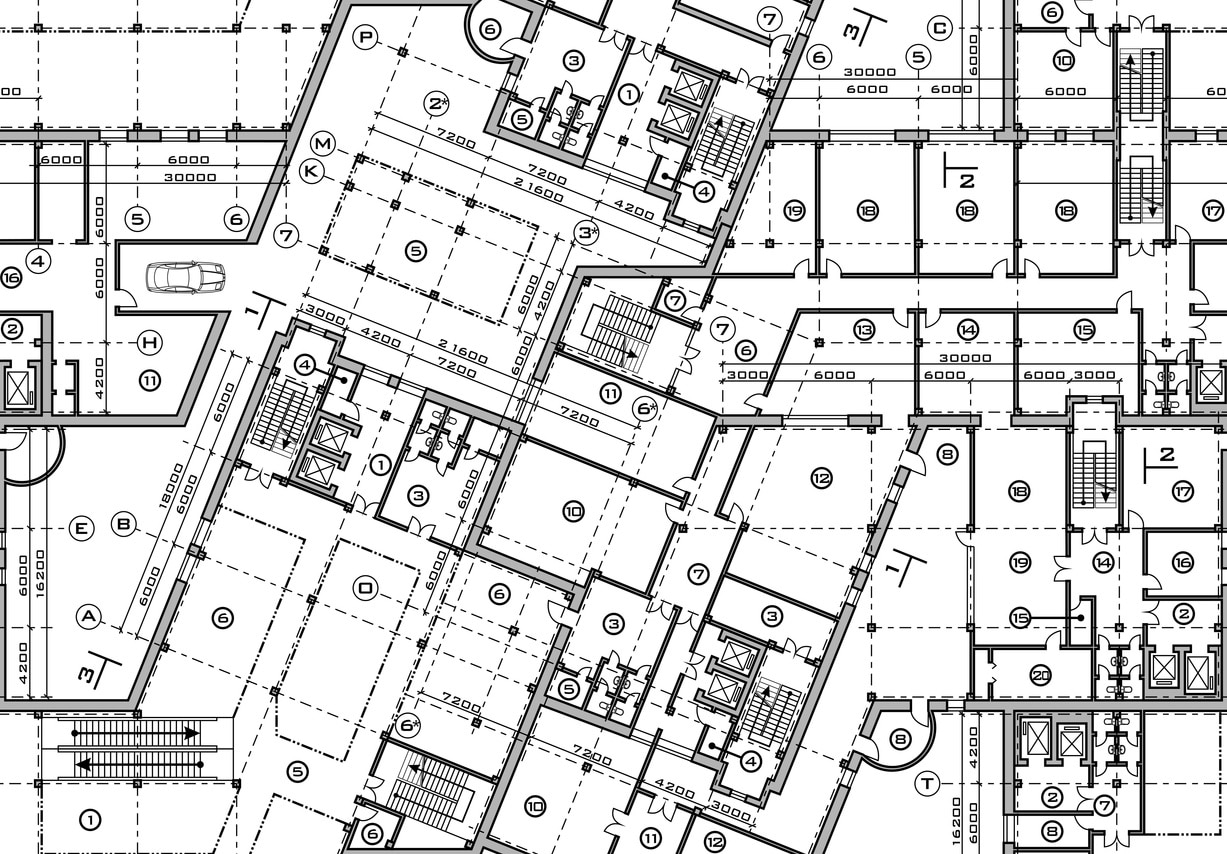

Updated on January 5, 2023
Generally, easements can only be created in writing or by prescription. However, under certain circumstances, the law implies that the parties intended to create or transfer an easement by a grant or reservation when there is no written document evidence their intent, and, in some cases, even when there is no oral agreement regarding the easement. This is called an implied easement. Our Los Angeles based real estate attorneys are experienced in handling easement disputes and can assist you in navigating the easement issues.
As a general rule, an easement is implied only in those cases where:
Specifically, in order for a court to imply the creation of an easement on a division of title, the following conditions must exist at the time of conveyance:
(See Tusher v. Gabrielsen (1998) 68 Cal.App.4th 131, 141.)
Based on these requirements, implied easements are usually created when an owner that sells a portion of his property to another. Because the preexisting use is important in defining the nature of the easement, the implied easement arises out of the original owner’s use of his property. Unlike an easement by necessity, which I discuss in a later post, the” reasonably necessary” requirement does not require a strict necessity. Rather, the claimant merely has to show that the use is convenient for the use of the dominant tenement.
Nonetheless, the law does not favor implied easements because they deprive a property owner of exclusive use of his or her own property. (Horowitz v. Noble (1978) 79 Cal.App.3d 120, 131.) Accordingly, the person who claims an implied easement has the burden of proving each element of the cause of action by a preponderance of evidence. In other words, the person who is seeking to establish an implied easement must show that it is more likely than not that they satisfy the requirements.
Schorr Law has experience analyzing easement issues. If you are looking for a real estate easement attorney Los Angeles Schorr Law has the top rated top rated real estate attorneys Los Angeles, California. Call 310-954-1877 to schedule a consult. To inquire about a free consultation please call (310) 954-1877 or email us at [email protected]. You can also send us a message through the Contact Form.